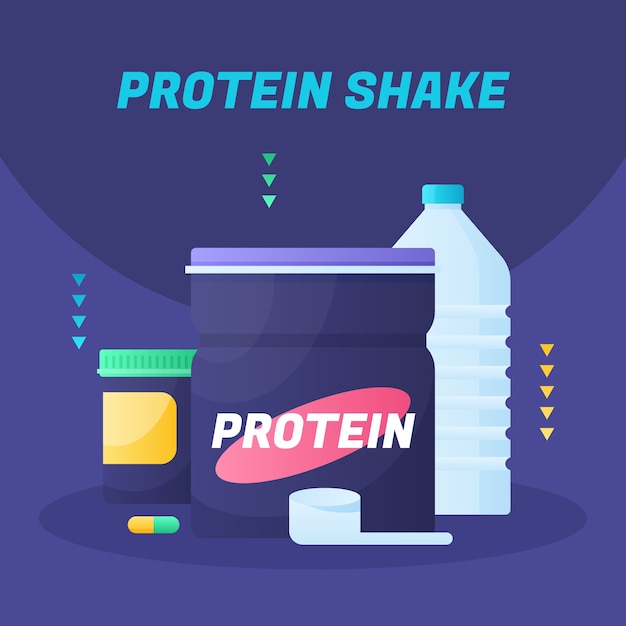
Going vegan isn’t just a diet choice, it’s a lifestyle choice. It’s spurred by various reasons such as health, animal welfare, or environmental considerations. Expert institutions, like the British Dietetic Association and the American Academy of Nutrition and Dietetics, confirm that a vegan diet can supply all of our nutritional needs at any age.
However, for those who say goodbye to meat and other animal products, it might be a bit tricky to get enough protein, crucial vitamins, and minerals. So, you have to be smart about your choices. This means planning your meals to ensure you’re getting enough nutrients that are usually found in animal products.
There’s protein aplenty in the plant world, from legumes, whole grains, nuts, to seeds. If you’re transitioning to veganism, think about the high-protein foods that you can include in your daily meals; avocado and walnuts for breakfast, lentils and chickpea for lunch, a handful of chia seeds for a snack, and a hearty dinner of brown rice and black beans.
Let’s take a look at a simple, protein-rich vegan meal plan for a day:
– Breakfast: A hearty bowl of overnight oats topped with apple slices, pumpkin seeds, cinnamon, and nut butter.
– Lunch: A spicy, smoky two-bean chilli that gets its protein punch from black and pinto beans, and can be served with cornbread.
– Snack: Tofu bites marinated in soy sauce, rice vinegar, and sesame oil. They’re a delicious on-the-go snack.
– Dinner: A satisfying dish of tempeh (a chewy soybean-based protein!) with charred peppers and kale.
When it comes to comparing protein from animals versus plants, it’s true that animal proteins are dense in protein but also come with fat. Plant-based proteins might not be as protein-dense, but they provide a good balance of fiber, vitamins, minerals, and healthy fats. Plus, they’re mostly free from cholesterol and saturated fat.
However, keep in mind that vitamin B12 is found exclusively in animal products. Thus, vegans might need to find an alternative source for this nutrient or consider taking a supplement. Some animal foods also provide high levels of zinc, vitamin D, and Omega-3 fatty acids, which are beneficial for health.
At the end of the day, both plants and animals can provide health benefits as part of a well-rounded, nutritious diet. So, wherever you get your protein from, the key is to focus on the quality of your choices.
By: Darshita
A post-graduate in Health and Nutrition, currently working for VeganWay. I love writing and exploring digital marketing – especially when it contributes positively towards a healthier planet.
Tagged under: Vegan Protein, Health, Lifestyle


